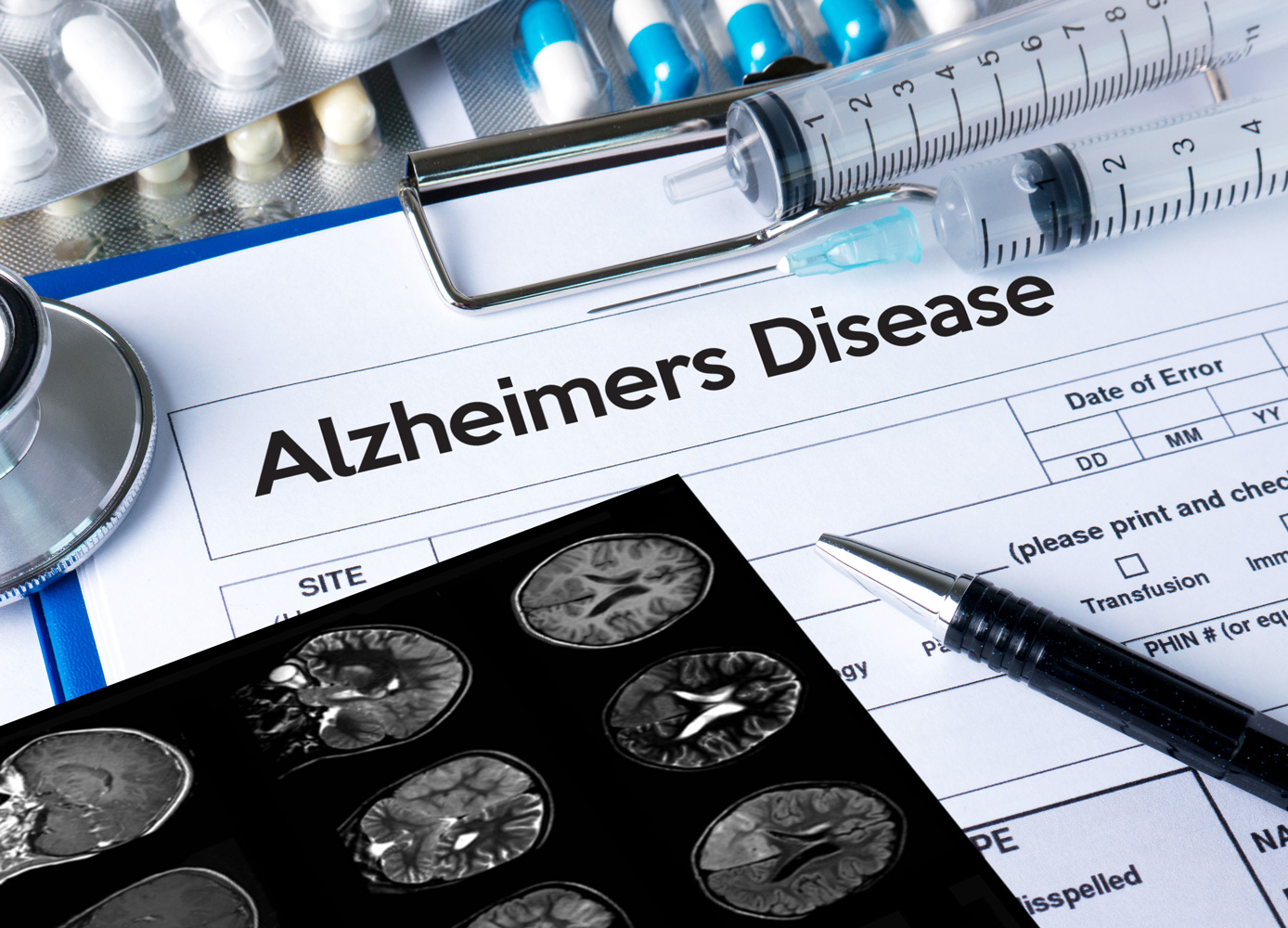Researchers had been hoping to show that low-dose Aspirin could help protect the brain
By Wendy Haaf
A daily low-dose Aspirin won’t decrease the odds of developing thinking and memory problems from mild cognitive impairment, and it won’t slow the decline of cognitive function once it begins. That was the disappointing conclusion drawn from a recent study, the results of which were published in the online journal Neurology, the medical journal of the American Academy of Neurology.
Researchers were hoping to validate earlier studies suggesting that low-dose Aspirin might benefit the brain. In the study, 19,114 people (most of whom were 70 or older) free of dementia and heart disease were randomly assigned to take a daily low-dose (100 mg) Aspirin or an identical placebo. During an average 4.7 follow-up, 575 participants developed dementia; however, rates of the disease didn’t differ between the two groups, nor did the rate of cognitive decline change over time.
“Worldwide, an estimated 50 million people have some form of dementia, a number that is expected to grow as the population increases, so the scientific community is eager to find a low-cost treatment that may reduce a person’s risk,” said study author Joanne Ryan, PhD, of Monash University’s School of Public Health in Melbourne, Australia. “Unfortunately, our large study found that a daily low-dose aspirin provided no benefit to study participants.
“While these results are disappointing, it is possible that the length of just under five years for our study was not long enough to show possible benefits from aspirin,” Ryan said, “so we will continue to examine its potential longer-term effects by following up with study participants in the coming years.”
Photo: iStock/Suriyawut Suriya.






